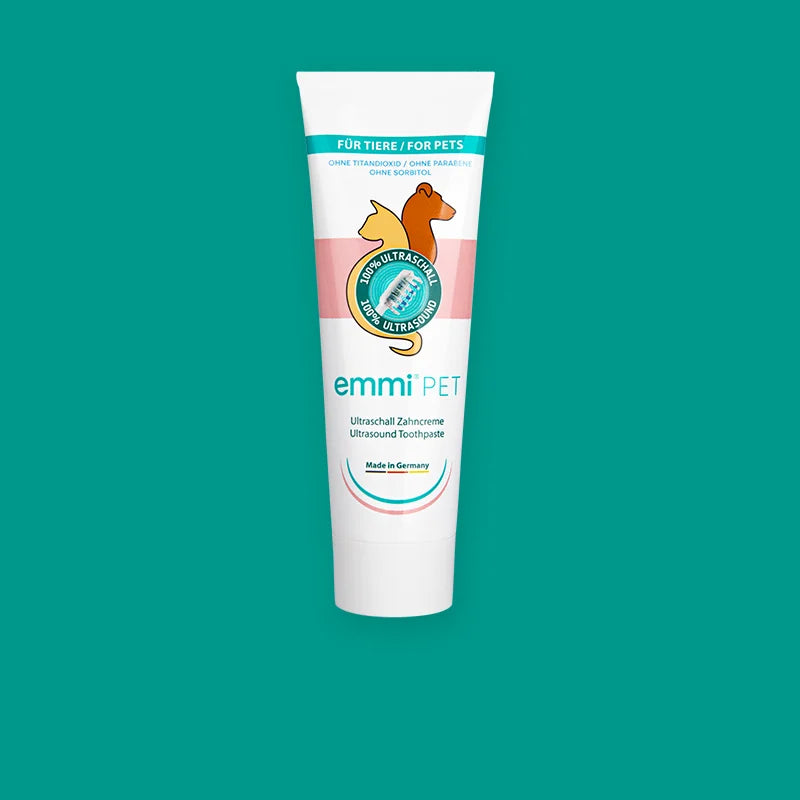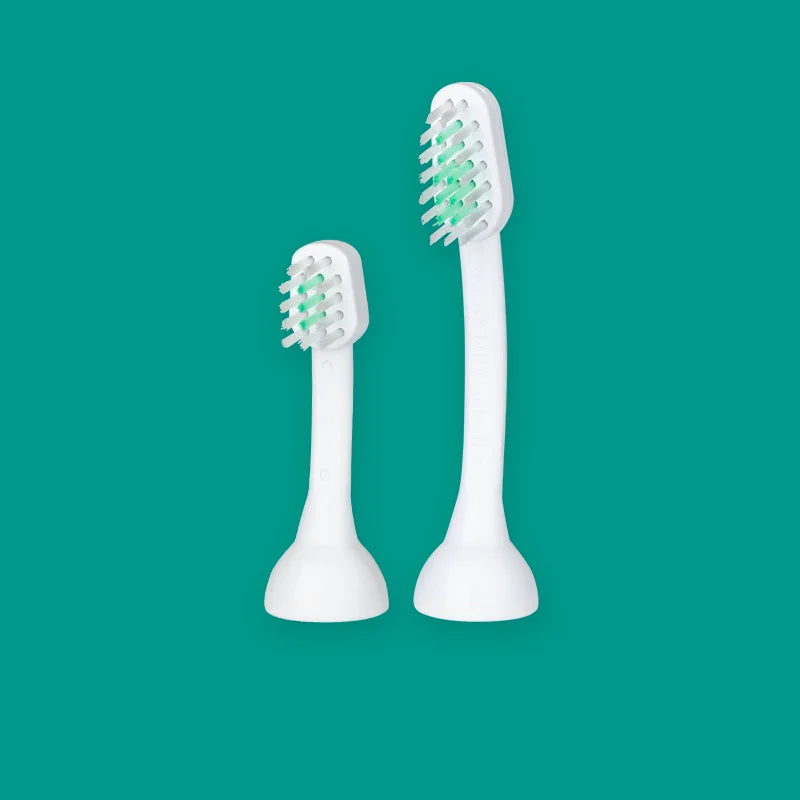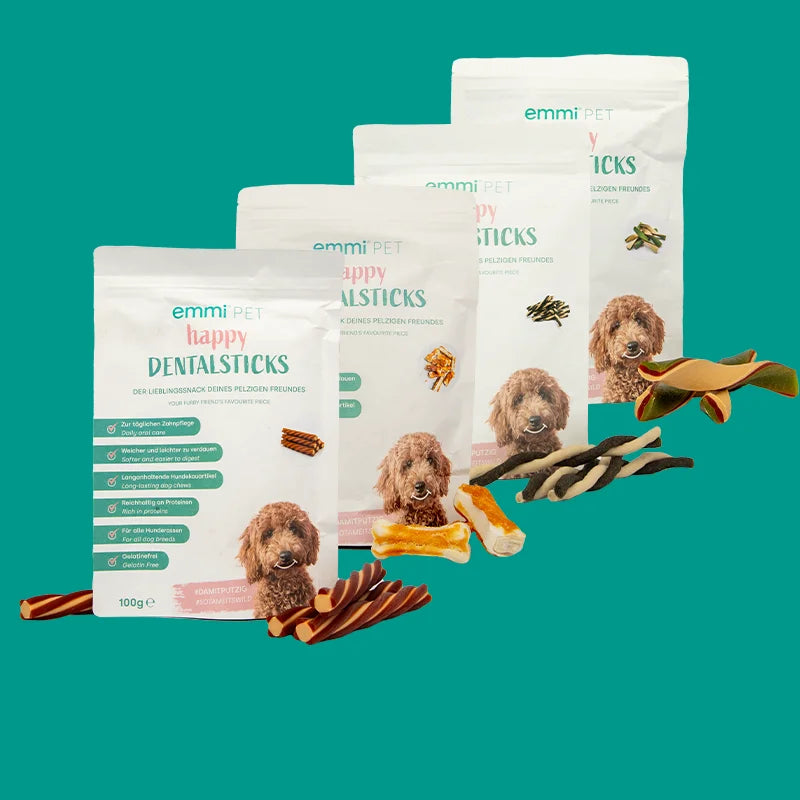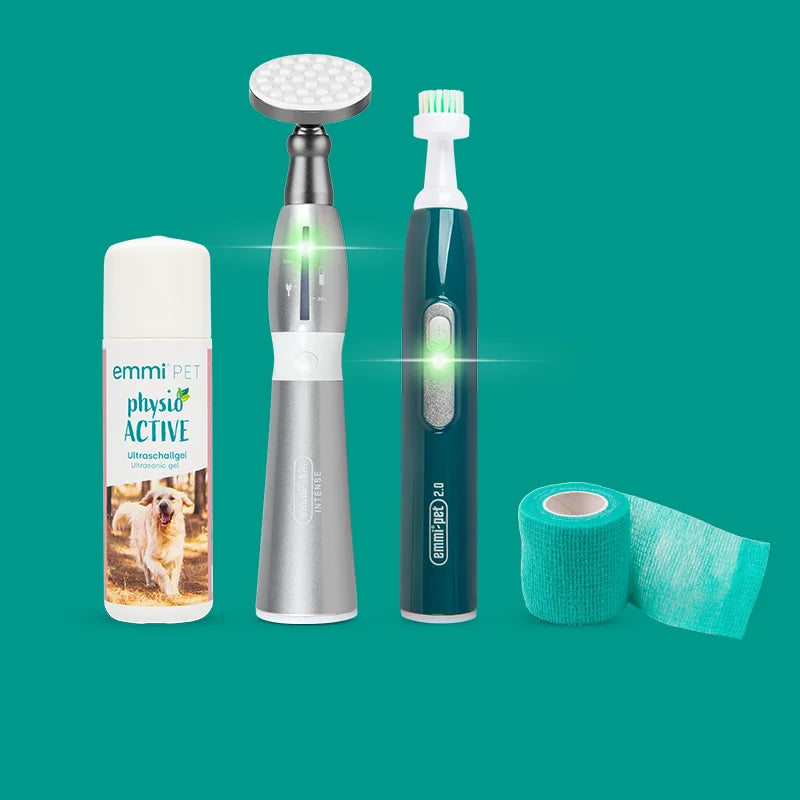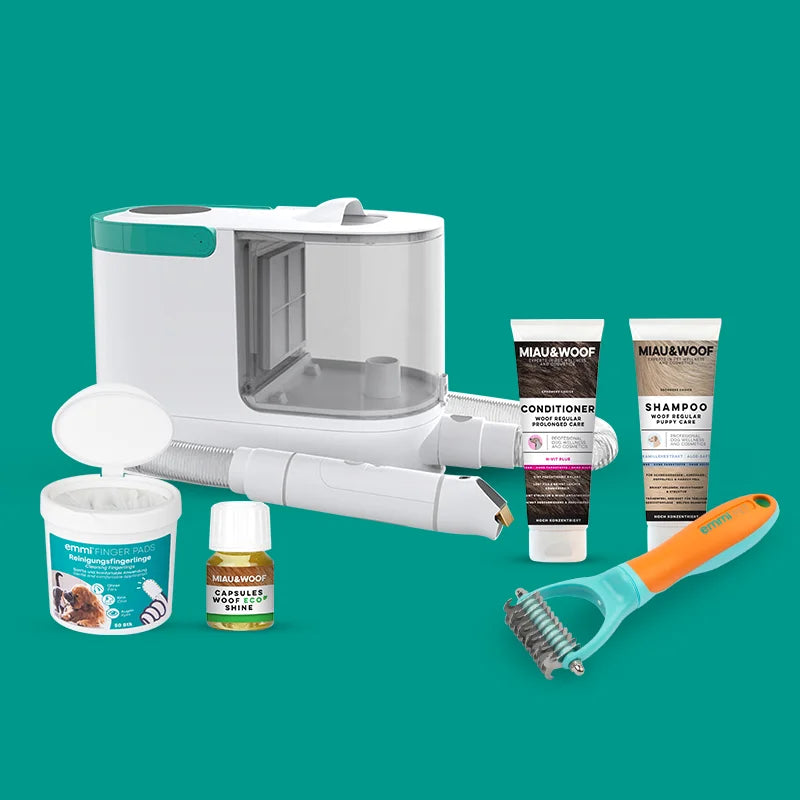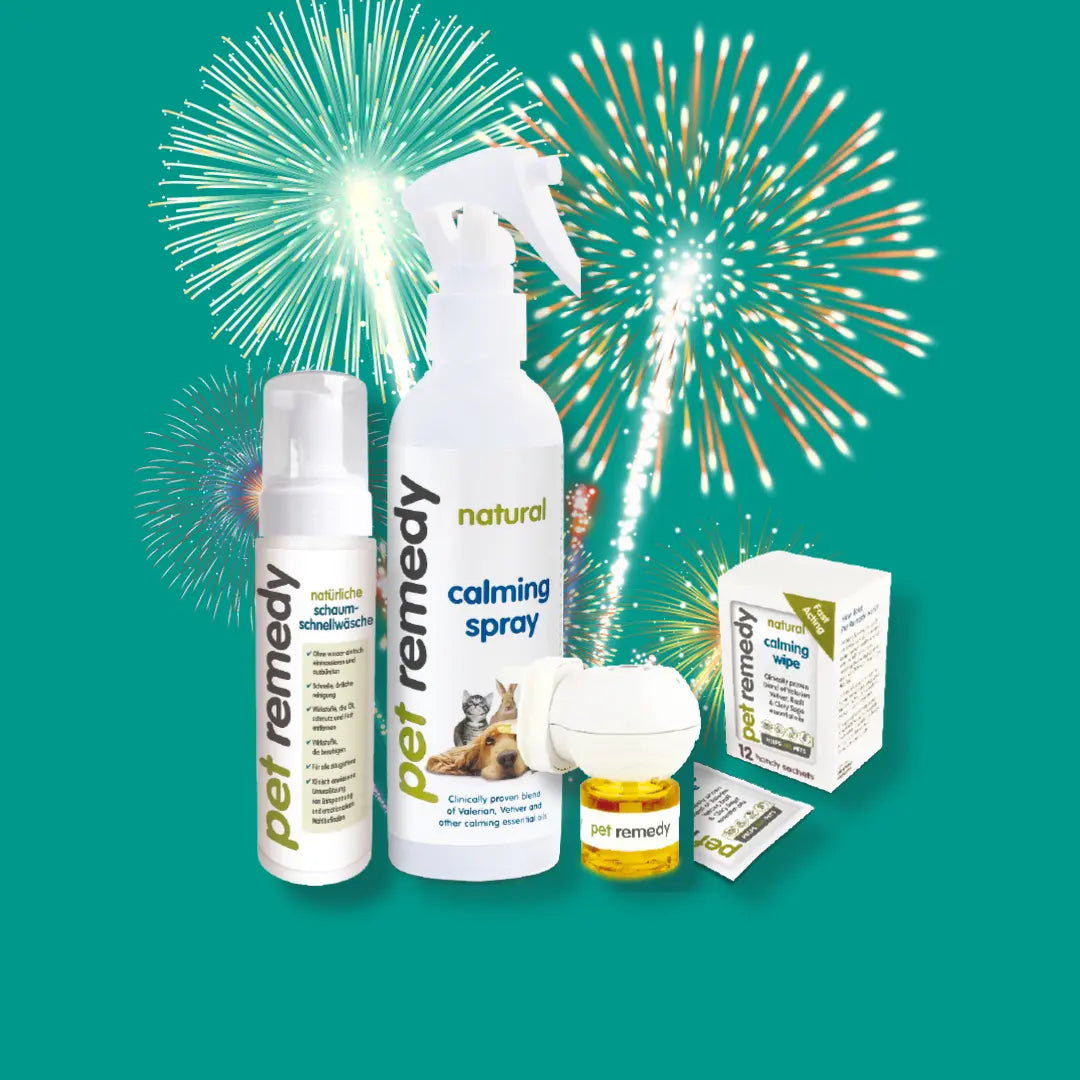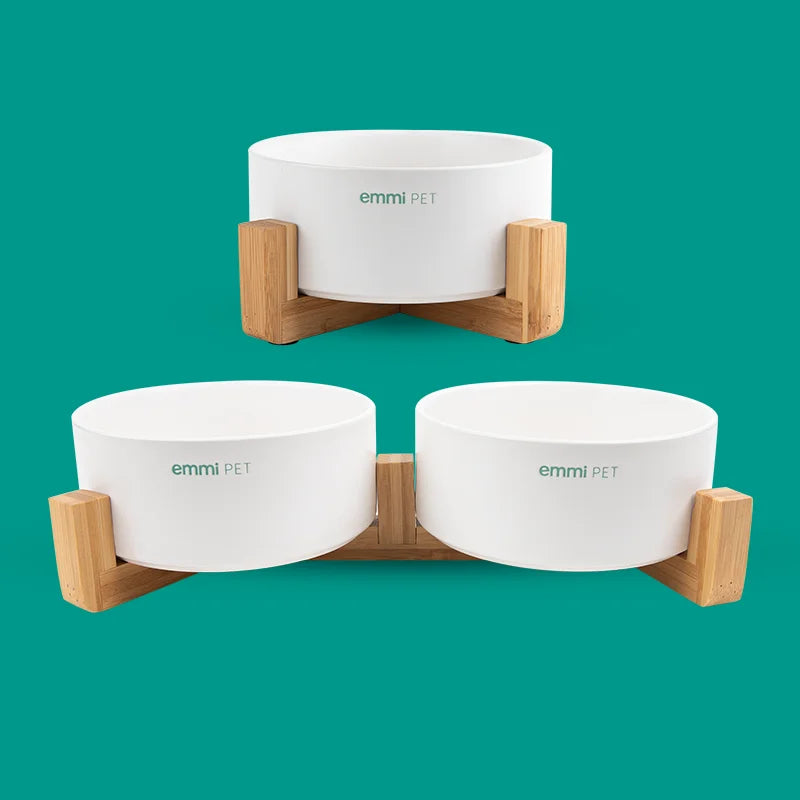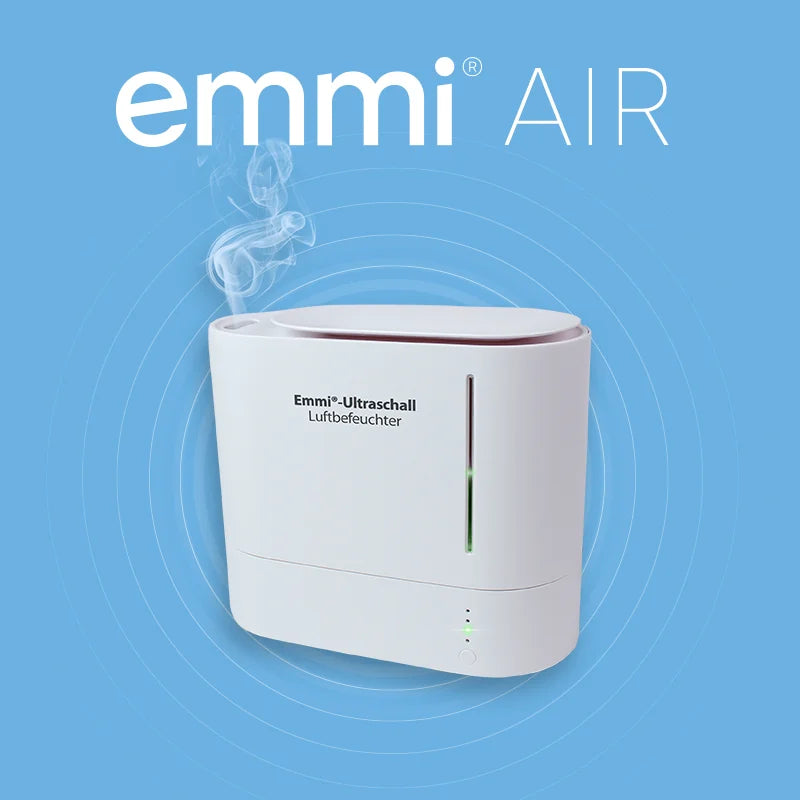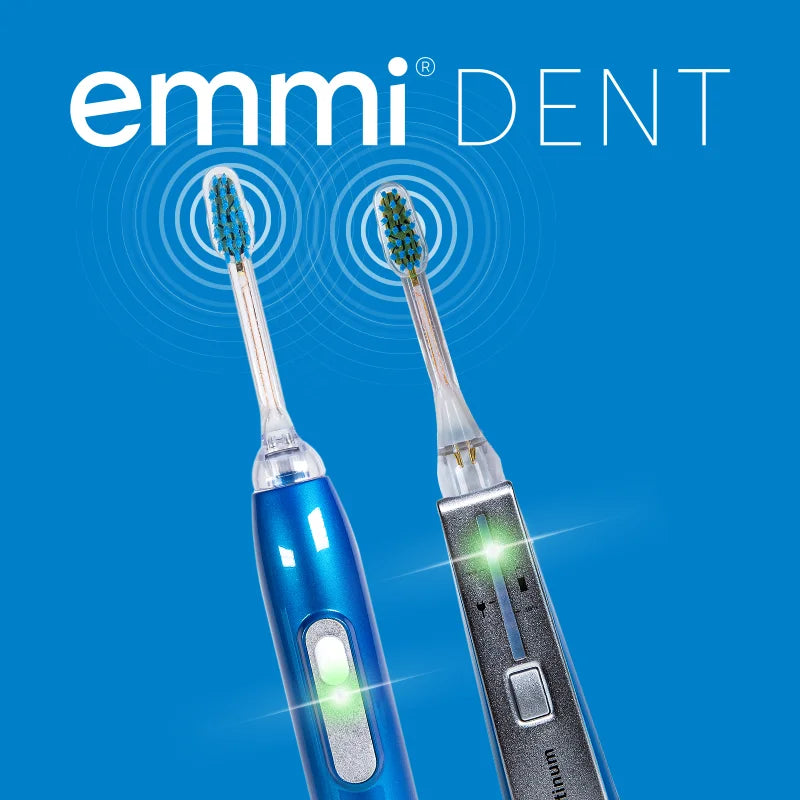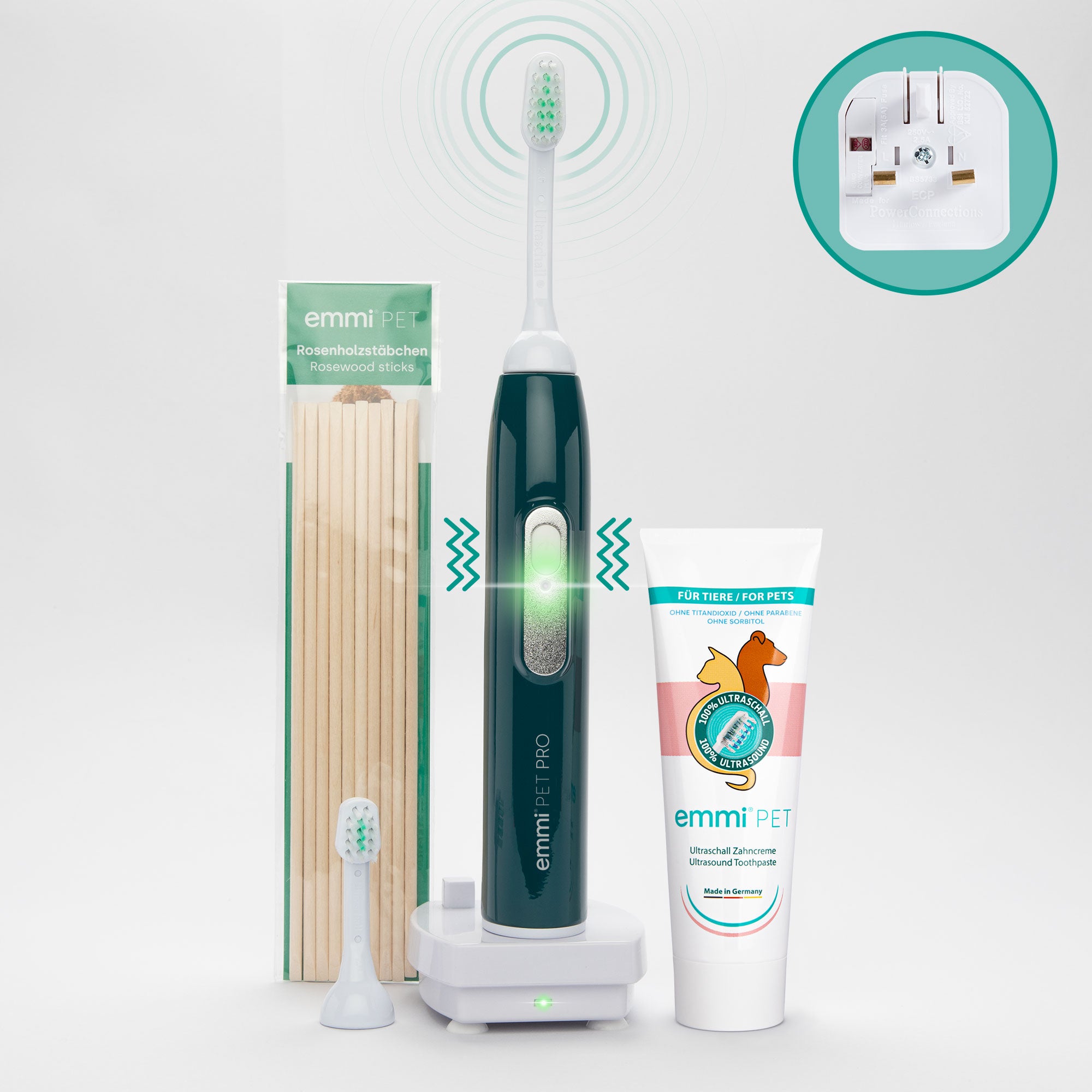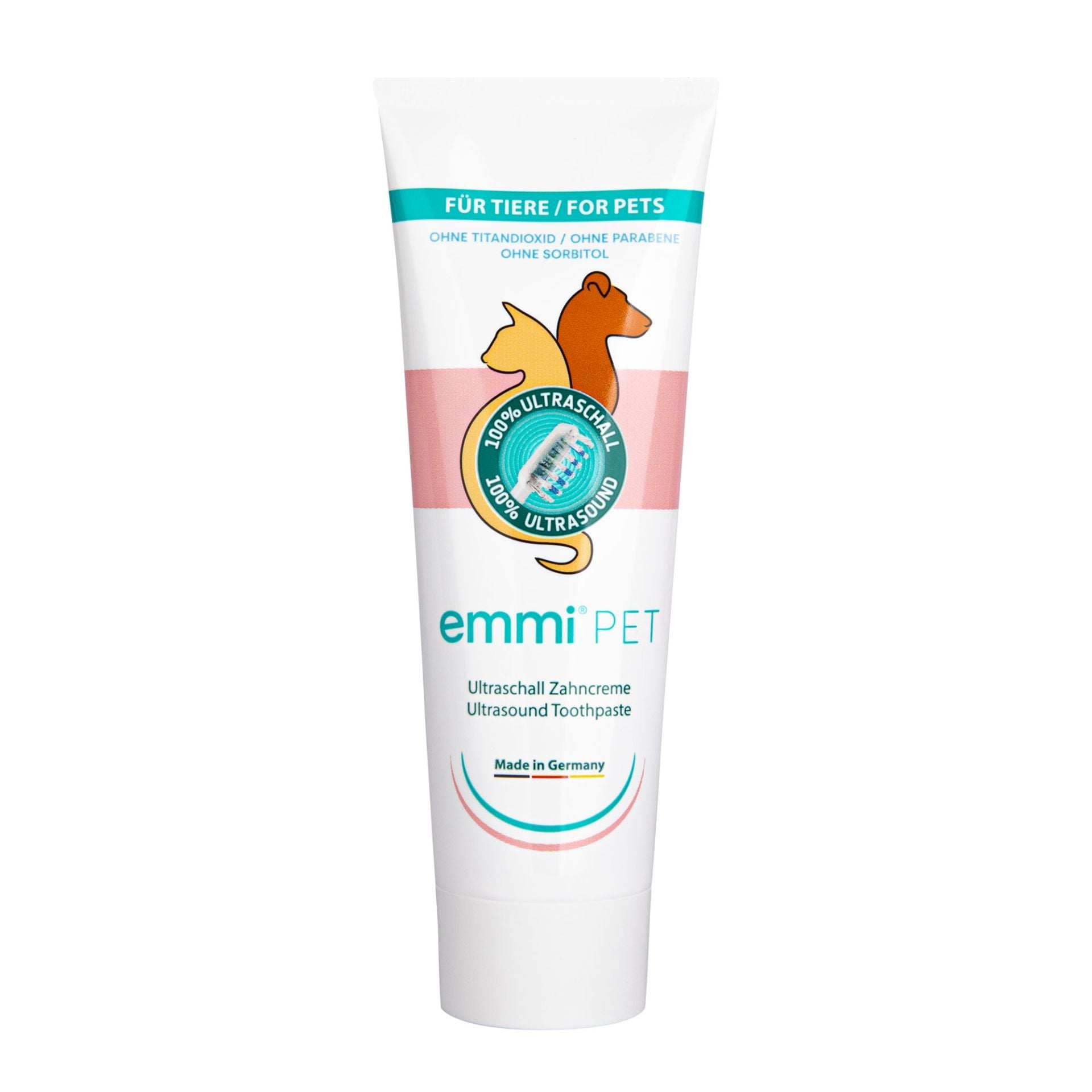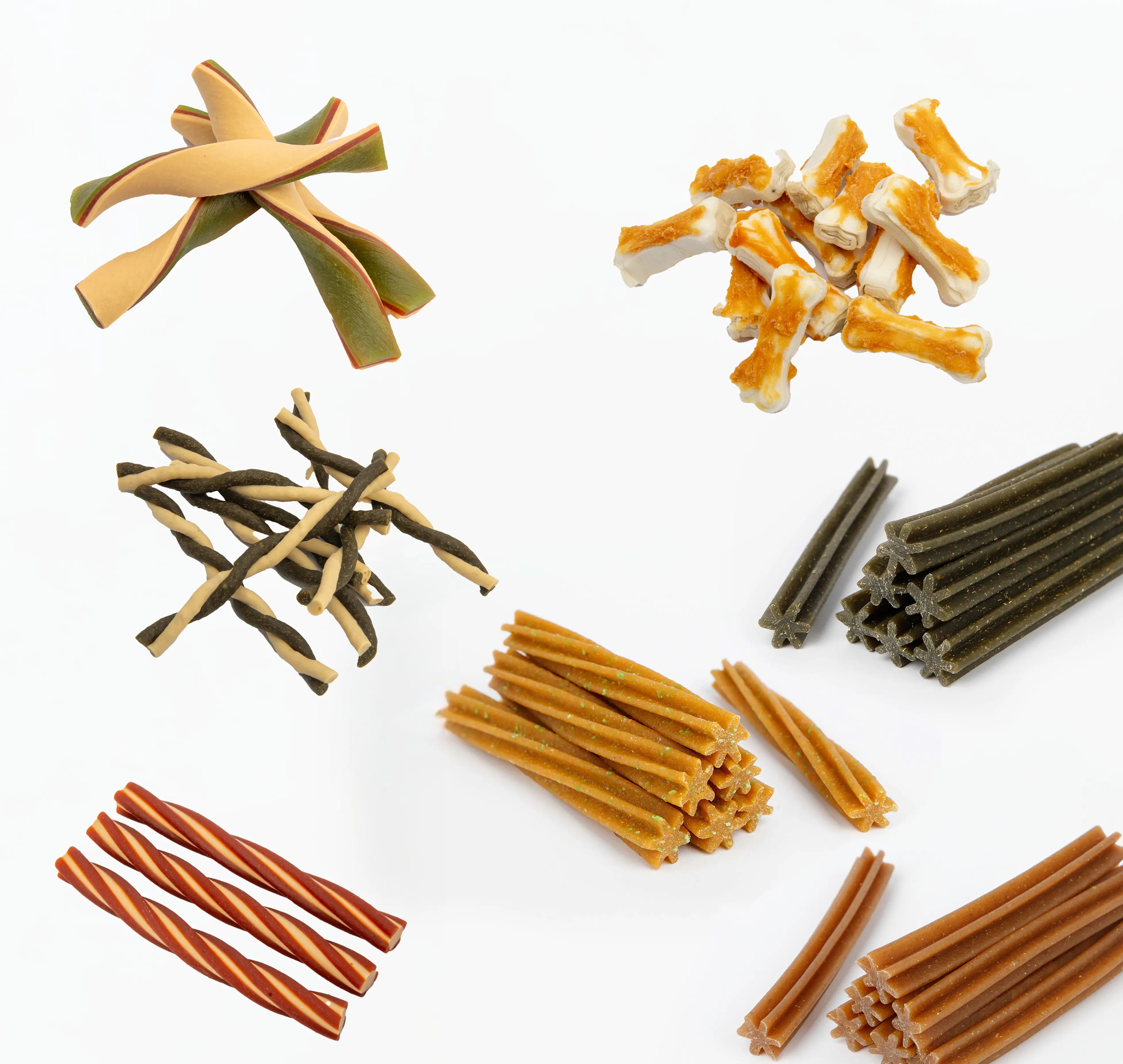You're scrolling through TikTok or Instagram and suddenly you see it everywhere: dog owners forgoing toothbrushes and instead brushing with turmeric, coconut oil, or baking soda. The results? Sparkling teeth, happy dogs, and enthusiastic comments. These DIY dental care hacks are going viral. But as the trend spreads like wildfire, you might be wondering: Is this really healthy for my dog?
Natural dental care sounds appealing at first. But especially when it comes to your dog's sensitive oral health, you should take a closer look. What seems convincing in a short clip can be problematic in the long run. Especially when it comes to sensitive gums or existing dental problems . In this article, we'll explain what's really behind these social media trends, which home remedies are useful, and when you should opt for a gentle, proven solution.
What's behind the TikTok DIY tooth tricks?
The DIY dental care trend isn't just sweeping through people's bathrooms, but also into dog bowls. Many viral videos tout well-known home remedies as clever alternatives to toothbrushes. But what's behind them, and most importantly, is it really suitable for your dog?
Baking soda is often referred to as a natural whitener . It is said to dissolve plaque and visibly whiten teeth. Turmeric, on the other hand, is touted for its anti-inflammatory properties and is also considered a gentle whitener. Coconut oil has made a name for itself in natural cosmetics. It is considered antibacterial and is often mixed with toothpaste in videos. There are even some recommendations to use apple cider vinegar as a mouthwash to dissolve tartar and clean the mouth .
Many of these tips originally come from natural cosmetics for humans. While remedies that sound interesting for human skin and teeth are often applied to dogs, they are often applied without veterinary advice or scientific basis . Countless clips of dogs being treated with these home remedies can be found under various hashtags. What's missing is a professional classification or awareness of the risks that such applications can pose to sensitive canine mouths.
DIY home remedies: Risks you should be aware of
What appears playful and harmless in social media videos can have serious consequences in your dog's everyday life. Your four-legged friend's mouth is a particularly sensitive area – and not every "natural" active ingredient is well-tolerated. Dentists and veterinarians therefore urgently warn against the typical risks of these supposedly gentle grooming trends.
- Acidic and alkaline products like apple cider vinegar or baking soda can irritate mucous membranes and attack tooth enamel. Particularly dangerous: The aggressive effects are often not immediately noticeable, but can promote inflammation or erosion over the long term.
- Mechanical abrasion from powders or granular mixtures such as turmeric or baking soda leads to abrasion , i.e., the removal of tooth enamel. What is intended as a cleaning agent can thus permanently damage the protective layer of the teeth.
- The pH level in the mouth also becomes unbalanced with many DIY applications. The natural oral flora is disrupted, good bacteria lose their function , and the door is opened to germs and infections.
- Undetected dental diseases are particularly at risk. DIY treatments can mask or worsen symptoms without you noticing, leaving problems untreated for too long.
Many veterinary dentists and veterinarians express concern and sum it up:
"Home remedies are too aggressive on mucous membranes and attack the natural protective layer of the teeth. This can do more harm than good."
Therefore, what may work for one person or another may be harmful or even dangerous for your dog. Extreme caution is advised when using home remedies for dental care, as good intentions are no substitute for sound methodology.
What really works? – Fact-based dental care for your dog
Do you want to offer your dog dental care that's gentle, natural, and scientifically sound ? Then it's worth taking a closer look, not at viral trends, but at what's proven to work. Modern dental care doesn't have to be complicated or artificial. The only thing that matters is that it's effective and well-tolerated .
- Enzymes like glucose oxidase promote antibacterial processes in the mouth. A 2023 study shows that this can reduce bacterial plaque on the teeth without irritating the mucous membranes.
- Chlorhexidine in low doses is effective against germs. At moderate concentrations, it promotes healthy oral flora without disrupting the delicate structures.
- Herbal additives such as sage or eucalyptus stimulate saliva flow and help naturally inhibit plaque formation . Ideal for dogs who exhibit sensitive reactions to traditional dental care products.
- Zinc compounds not only strengthen the gums, but also bind foul-smelling sulfur compounds and provide an effective measure against unpleasant mouth odor.
If you want to play it safe, our emmi-pet ultrasonic toothbrush is a solution that meets all of these requirements: thorough, gentle, and specially developed for dogs . No scrubbing, no stress, and with proven effectiveness on gums, plaque, and harmful bacteria.
Natural dental care for dogs doesn't just mean mixing and matching home remedies. It means using proven active ingredients that are safe and effective.
Why a regular dental care routine is so important
Even if your dog doesn't show any visible dental problems, most problems develop gradually . Bacteria build up on the teeth every day, food debris gets stuck between the teeth, and the gums quietly react with inflammation. This is precisely why regular, well-tolerated dental care is so crucial. The earlier you start, the better you can prevent future damage.
With the right routine, you'll not only accustom your dog to gentle grooming, but also strengthen their dental health at the same time. All without force, irritation, or risky experiments. Studies show that consistent dental care significantly reduces the risk of tartar, periodontitis, and bad breath, especially when used with methods tailored to the dog's physiology.
emmi-pet: Ultrasound instead of uncertainty
If you want effective, stress-free, and scientifically tested dental care, our emmi-pet ultrasonic toothbrush for dogs is the perfect choice. It cleans completely without mechanical brushing. That means no scrubbing, no rubbing, no irritation. Instead, up to 96 million air vibrations per minute gently penetrate deep into the mouth. Bacteria and plaque are dissolved, the gums are protected, and the oral flora remains balanced.
Especially for dogs with sensitive mouth areas or pre-existing conditions, ultrasound technology offers a real alternative to conventional methods and is therefore a sensible response to questionable DIY trends. With the right emmi-pet toothpaste and a little patience, daily dental care becomes a permanent feel-good moment for you and your four-legged friend.
FAQ – Frequently asked questions about DIY dental care
There are many opinions, tips, and tricks circulating around natural dental care. But what's actually beneficial, what's risky, and what's worth taking a closer look at? Here you'll find clear answers to frequently asked questions so you can make an informed decision about what's really good for your dog.
Are home remedies generally dangerous?
Not a blanket statement. But many kitchen ingredients, such as baking soda, apple cider vinegar, or lemon, are too harsh, too acidic, or irritating for the sensitive mucous membranes in a dog's mouth. Critically examine each use and follow veterinarian recommendations.
What can I safely give my dog between meals?
Raw carrots, easily digestible dental treats, or a little coconut oil in moderation can be a good supplement—provided they are individually tolerated. It's best to talk to your veterinarian beforehand about what's suitable for your dog.
How often should I brush my teeth?
Ideally, daily. If you use an ultrasonic toothbrush like our emmi-pet , three to four uses per week are often enough to effectively reduce plaque, germs, and odor.
What really helps against bad breath?
First, determine the cause. A strong odor can indicate tartar, inflammation, or even organ problems. Afterward, regular dental care, gentle ultrasonic tooth cleaning , and appropriate snacks to support the oral flora will help.
Can I combine DIY ingredients with professional products?
Yes, in moderation and with caution. Adding coconut oil to toothpaste, a toothpaste with herbs, or herbal supplements can be helpful—as long as they don't replace professional dental care, but rather complement it.

